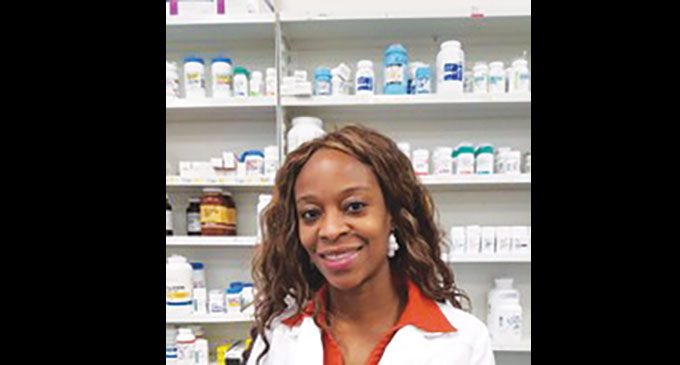Commentary: Tips on safely returning, staying home after hospital visits
Dr. Ahunna Freeman

By Dr. Ahunna Freeman
A smooth transition of care truly dictates a healthy patient outcome beyond the hospital walls. Hospitals now have transition of care teams whose primary duty is to ensure proper maintenance of health status following a discharge. They have these teams in place to simplify discharge processes and to help patients avoid medication related issues post discharge.
Transition of care teams also aid in the transition for caregivers, pharmacists, and other care providers in the community by passing on pertinent information that is essential in maintaining stability in the patient’s health. Though the objective is to make the transition seamless, a lot of times the information overload can be quite overwhelming for all those involved in the transition. Being overwhelmed is where mistakes start to happen, follow up appointments are missed and medication related issues occur.
Anyone who has spent time in the hospital hopes to not return for a long time. Unfortunately, that hope to maintain stability in health status upon returning home can be challenging to say the least. The usual culprits that affect a healthy stability are simple precautionary steps that are missed or ignored during the transition from hospital back to home.
Here are some tips to help with transitioning from the hospital back to home:
*Keep all discharge paperwork all in the same place, easily accessible.
*Ask for a follow up date upon being discharged.
*Know when, where, who, and what the follow up is.
*Notify your primary care provider of your hospital visit as soon as possible.
*Keep your current medication list up to date and readily available.
*Share discharge papers with your community pharmacist, who may ask to make copies to be reviewed later.
*Take your discharge medications as directed.
*Follow all discharge instructions as directed.
*Most importantly, show up to your follow-up visits. This is critical for proper continuum of care.
For post-discharge issues related to medications, efforts from the community pharmacist can help. At the community pharmacy, patient’s medications are updated promptly and accurately based on notes from the discharge papers. Old medication that has been removed from the patient’s profile can be properly disposed of at some community pharmacies to prevent accidental consumption from either the patient or kids.
A clinical community pharmacist will also help simplify patients’ medication regimens, monitor for adverse events, remind patients of upcoming follow up appointments and look at long term medication affordability to see if there are better options. Sometimes the community pharmacist will follow up with the patient days after the encounter as a part of maintaining proper health care.
The process of medication reconciliations, updating medication lists and sharing discovered information with patient’s care provider at the community level allows the patient/caregivers to make a smooth transition with minimal stress at a reasonable pace.
Dr. Ahunna Freeman is a board certified geriatric pharmacist and the clinical director at Southside Discount Pharmacy in Winston-Salem. She can be reached at DrFreeman@SouthsideDiscountRx.com or at (336) 830-8774.















